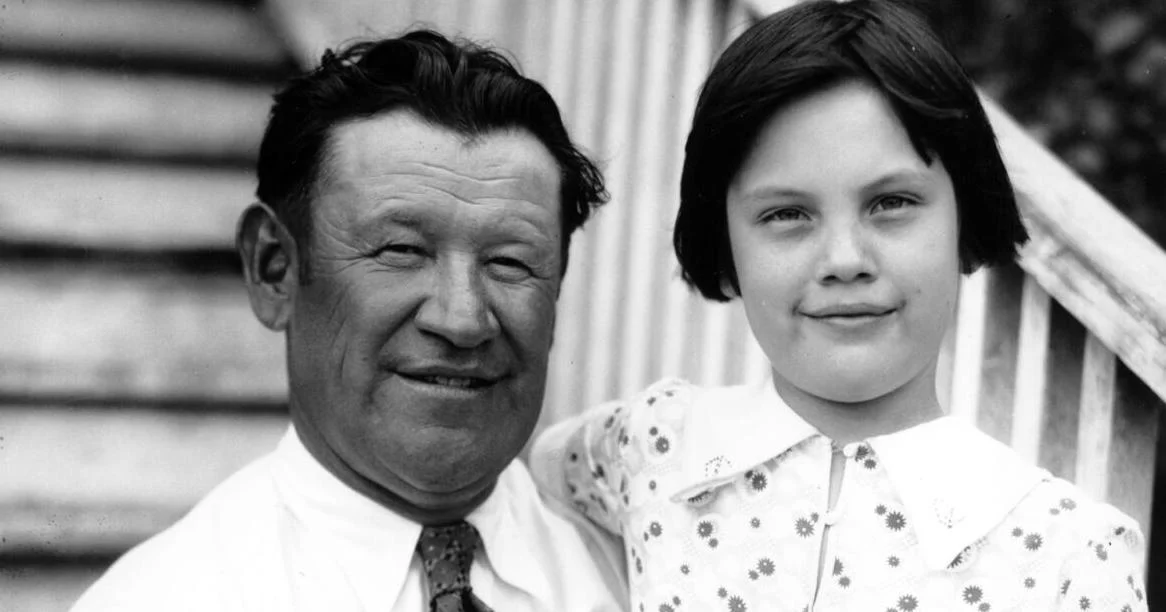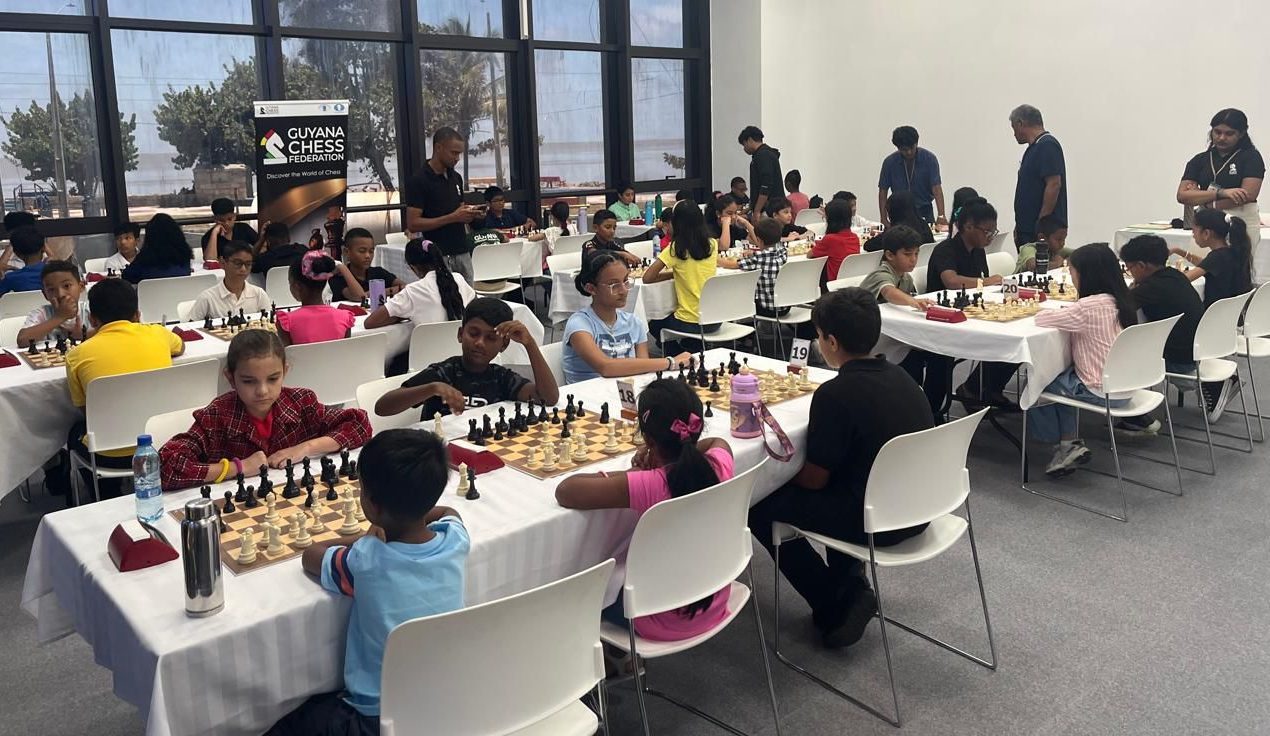
Jimmie Tramel
Tulsa World Scene Reporter
Get email notifications on {{subject}} daily!
Your notification has been saved.
There was a problem saving your notification.
{{description}}
Email notifications are only sent once a day, and only if there are new matching items.
Followed notifications
Please log in to use this feature
Log In
Don’t have an account? Sign Up Today
Jim Thorpe’s resume highlights, just in case you need a reminder of why he was hailed as the world’s greatest athlete:
Olympic decathlon and pentathlon gold medalist.
Pro Football Hall of Fame.
College football All-American.
National Track and Field Hall of Fame.
Major League Baseball player.
Film and TV projects about Thorpe have emphasized Thorpe’s sports adventures and life after ball.
What are we missing?
“We are wanting people to know the younger Jim Thorpe,” Mary Thorpe, granddaughter of the revered athlete, said.
“What made him tick? What gave him the drive? What inspired him? What gave him that oomph to accomplish everything that he did in his life? And I think that’s a good story. There’s a lot that goes into it. It’s more than just athletics. He had to have a determination, the mind frame behind Jim Thorpe. That needs to be told.”
Wheels are in motion to share the rest of Thorpe’s story.
Verily Storyworks, a Dallas-based intellectual property development company, is collaborating with Thorpe family members for “Thorpe,” a scripted drama series that will strive to be the definitive dramatization of his life.
“Thorpe” is not imminent. It’s in the planning stages. No one has been cast, though you can be assured the title role will be played by a Native American actor. That was not the case in “Jim Thorpe — All-American,” a 1951 motion picture starring Burt Lancaster, a New Yorker of Scotch-Irish descent.
The “real” Thorpe was a citizen of the Sac and Fox Nation who was born near Prague 20 years before Oklahoma became a state.
Where will “Thorpe” be filmed? Verily Storyworks founder and CEO Barry Capece said, We certainly won’t exclude Oklahoma. That has to be a big part of what we do. We owe a lot to Oklahoma, and obviously he’s a native son there. But as for where we shoot, it depends.
“One of the things about this story is there are parts where he is up in Carlisle, Pennsylvania. There are parts that are going down New York in a ticker tape parade. There are a lot (that take place) in fields in the prairie lands of Oklahoma. Obviously, there will be a lot of studio work. We still have to choose where the studio is (where) we set up this production.”
One choice already made: “Thorpe” was selected to introduce Verily Storyworks to the entertainment world.
Asked for the “Thorpe” origin story, Capece told this story:
“We started Verily Storyworks, the company, in January. The premise of the company is to take true stories that are compelling and entertaining and refine them and develop them out into intellectual property packages ready for production. So the goal for the company is to truly be the modern day storyteller. In that respect, we look for a first project that would be the best one as our bellwether project. Nothing compares — and I have seen a lot of projects over many years — to the Jim Thorpe story.”
Mary Thorpe and Jim Thorpe, a great-grandson of the iconic sports figure, sat alongside Capece for a joint Zoom interview with the Tulsa World to discuss “Thorpe.”
Among conversation topics:
Thorpe did what to his Cadillac?
Capece said Verily Storyworks could have attempted a “Thorpe” story without enlisting family cooperation. But getting family input was “absolutely essential” in telling a good story.
“Again, we are telling a story that is not just built on Jim Thorpe’s accomplishments,” he said. “We all know those accomplishments. … But really we wanted to tell a story about who is Jim Thorpe? And what drove him? And what was his background — his family, and how did he handle these incredible obstacles and issues of his lifetime? The Thorpe family are the ones who can give us those stories in the cracks and crevices that you need to make a compelling story.”
Continuing, Capece said none of us knows Jim Thorpe. But, referencing Thorpe family members, he said, “In their characteristics of integrity and dignity and how they carry themselves, … you can see a lot of what was there most likely with Jim Thorpe, as well. Just being in their presence makes a major difference in being able to tell this story the right way.”
Capace said his introduction to the family was a Zoom call “with a whole bunch of Thorpes, and their family is bigger than I thought, which was intimidating. But the nice part is there are so many stories. So we are just scratching the surface. And they are stories that you do not read in these books about Jim Thorpe. These are ones that you have to talk to these guys because they were passed down through the family.”
Capece shared an anecdote relayed to him by a member of the family. Jim Thorpe came into possession of a new Cadillac. He took out the back seat so his hunting dogs could ride in the back.
“What’s important to Jim Thorpe?” Capece asked. “It wasn’t a brand new Cadillac. It was ‘Are my hunting dogs comfortable?’”
Uniting family
Listen now and subscribe: Apple Podcasts | Google Podcasts | Spotify | RSS Feed | SoundStack
Over the years, members of the Thorpe family have been introduced to people interested in doing Jim Thorpe-related projects.
“Thorpe” can be the platform to bring the entire family together, according to Thorpe’s great-grandson.
Because Jim Thorpe’s children have died, it’s up to the next generation to carry on and promote his legacy.
“Over the past year, a lot of the family goals have been accomplished,” Thorpe’s great-grandson said.
“The family was fighting for all these things and working with numerous people on trying to get his records reinstated. With that being accomplished, now it’s time to go back and show the story. It’s the perfect time for it.”
Scripted vs. documentary
Why was “Thorpe” conceived as a scripted drama rather than a documentary?
There are a number of reasons, said Capece. First and foremost among those reasons is that today’s generation wants to be entertained.
“They want to watch a compelling story,” he said. “The people that are watching documentaries already know the story. If you are watching a Jim Thorpe documentary, you know what you are going to get.”
Capece contends that people who watch a scripted drama can be simultaneously enlightened, engaged and entertained instead of only being educated, as might be the case with a documentary.
An initial news release about “Thorpe” was specific in saying the series will span three seasons. Does that mean story arcs are already planned for each of the seasons?
“What we did is we did an outline of how we would tell this story,” Capece said. “We do have an arc, a narrative connection, on how this would be told. Ironically, we set up 28 episodes, and we were having problems squeezing in his story into 28 episodes. So as we really sit down and write the project and develop it out, it may be longer. We can fit it in. But there is so much more.”
Capece said the more he talks to family members, the more stories surface, “and it’s like, ‘Can’t leave that out.’ Who knows (how long the series will be) when it’s said and done. But there is a narrative arc. You can look at Jim Thorpe’s life, and you can break it down into three segments, and we’ll go from there.”
A century later
It has been 113 years since Jim Thorpe became an Olympic hero. Why is it important to tell his story now?
“His full story has never been told — where he came from, the trials and tribulations that he went through,” Mary Thorpe said.
“If people see everything he went through, maybe they can connect with him in some type of way, especially in Oklahoma or Native American country in general. All the children on the rez, it’s reservation life. I think this might inspire them to become more and plant that seed for them to be the next Jim Thorpe or whatever they want to accomplish.”
Capece added this about Thorpe’s century-later relevance:
“In today’s world, because of things like NIL and a lot of people are looking at ‘How much money can I make?’ they are focused on not the true nature of sport — the competitiveness and the desire to be great at the sport you choose. There are a lot of distractions. Kids are leaving colleges and switching colleges. It’s a world of interruption and distraction with monetary gains and other things.
“Jim Thorpe faced those same things. He became a huge commodity for some of the people that wanted to make money off of him and used him to endorse things. He made decisions that were based on what were truly his competitive spirit. He was true to his sport and to his person as a dignified human being.
“Those stories resonate today. And young people, Native Americans or athletes in general or people in general, should recognize and could gain a lot from understanding that when you make a decision, make the right one. It is not based on the material stuff all the time. Be true to who you are and with the gifts you might have.”
What’s important in pursuing the “Thorpe” project? Mary Thorpe responded with this: “The truth — the good, the bad and the ugly. All of it.”
For more information on Verily Storyworks and the project, visit verilystoryworks.com.
<&rule>
<&rdpStrong>WHERE YOUR STORY LIVES: Jimmie Tramel
jimmie.tramel@tulsaworld.com
Stay up-to-date on what’s happening
Receive the latest in local entertainment news in your inbox weekly!
* I understand and agree that registration on or use of this site constitutes agreement to its user agreement and privacy policy.
Jimmie Tramel
Tulsa World Scene Reporter
Get email notifications on {{subject}} daily!
Your notification has been saved.
There was a problem saving your notification.
{{description}}
Email notifications are only sent once a day, and only if there are new matching items.
Followed notifications
Please log in to use this feature
Log In
Don’t have an account? Sign Up Today



